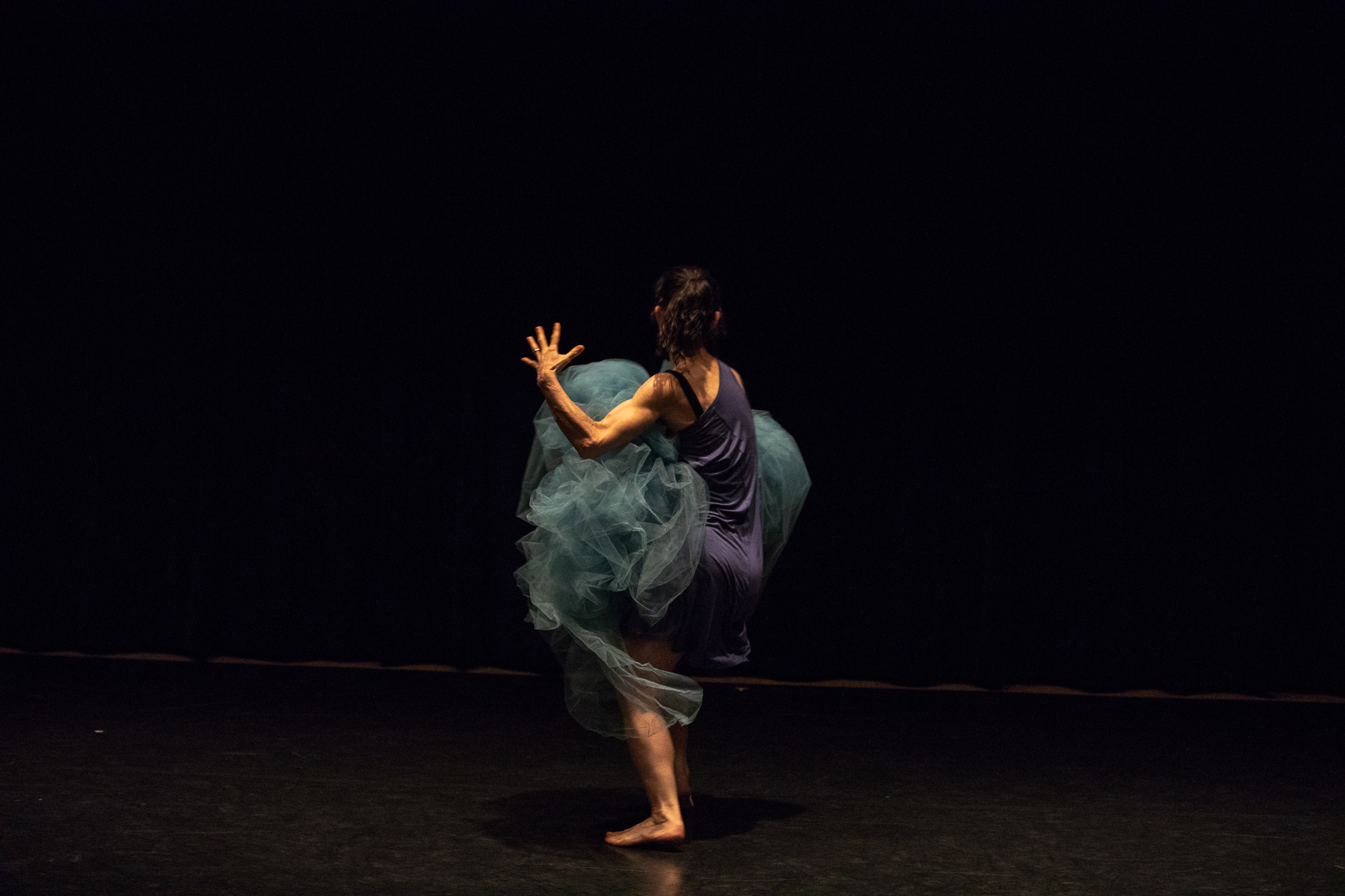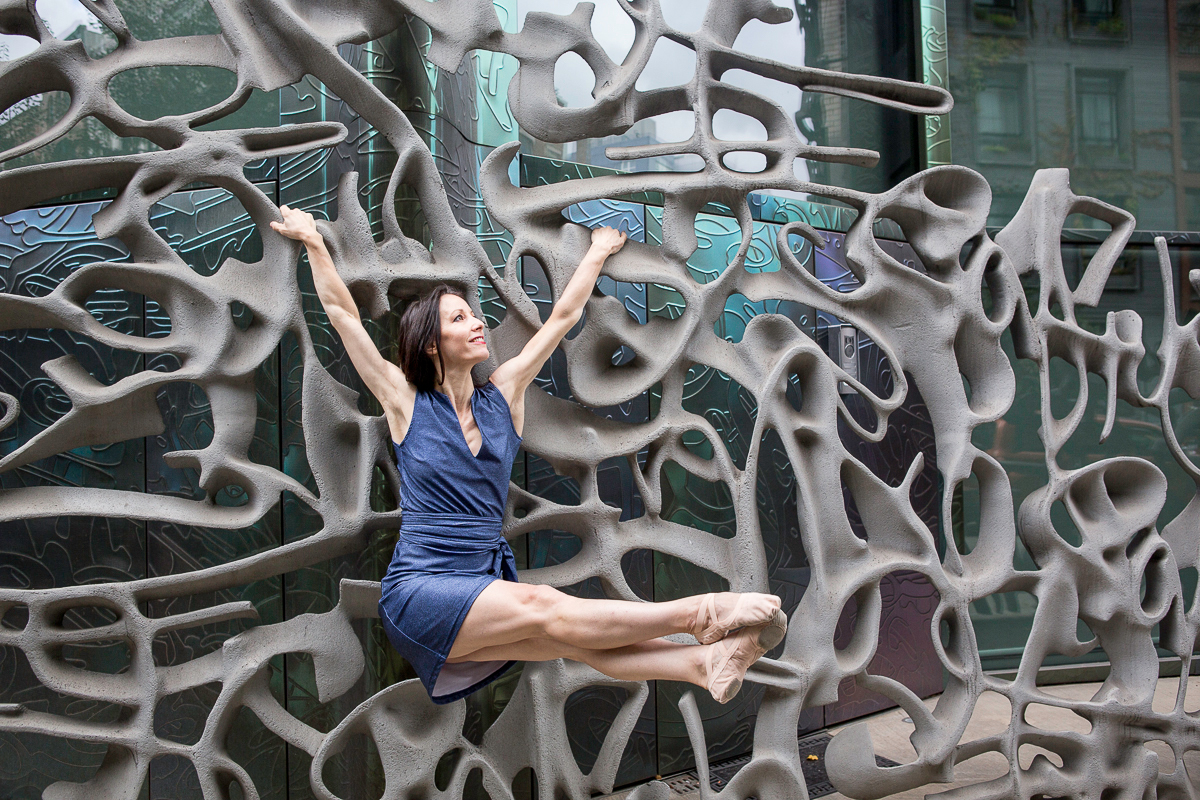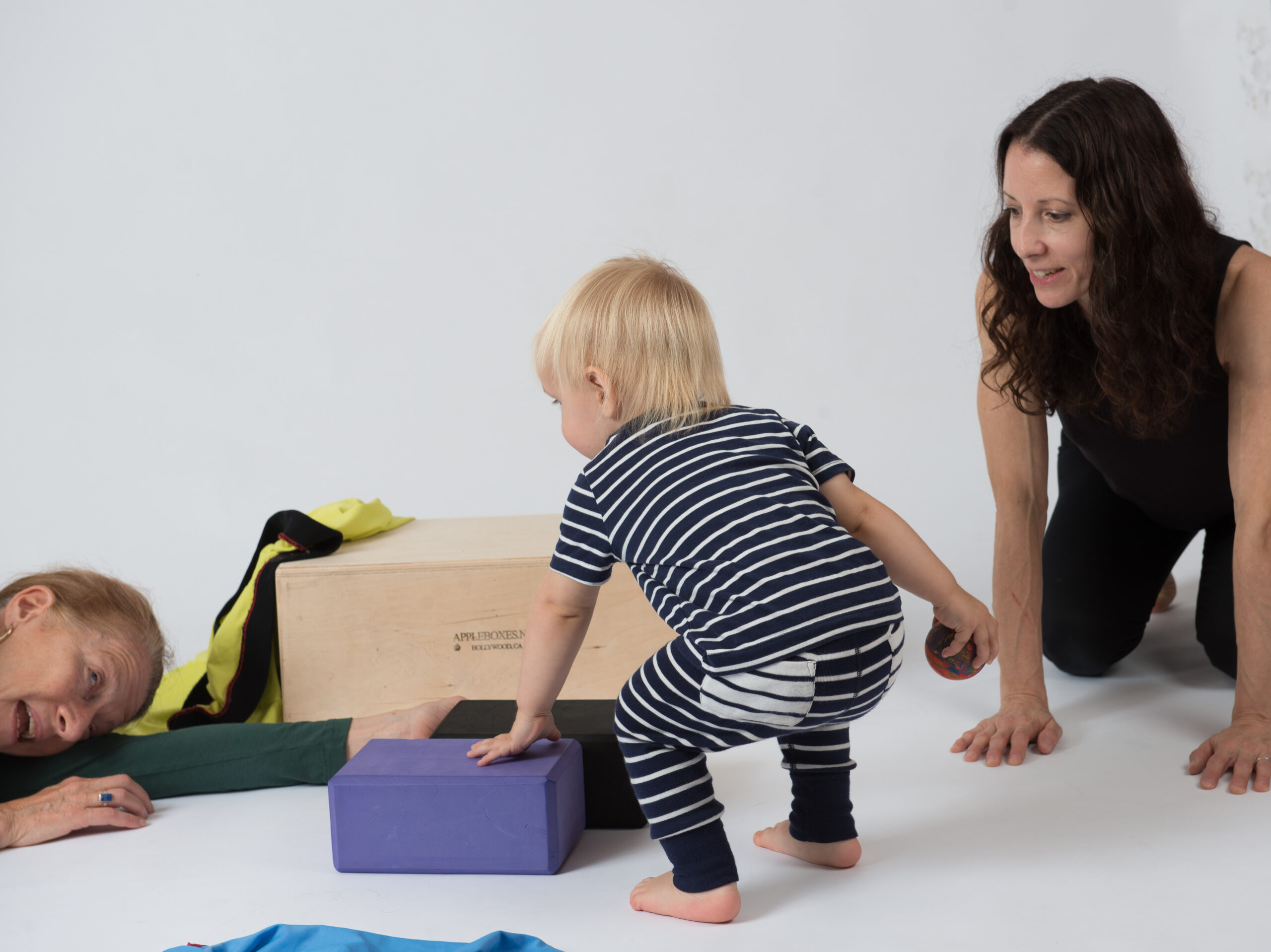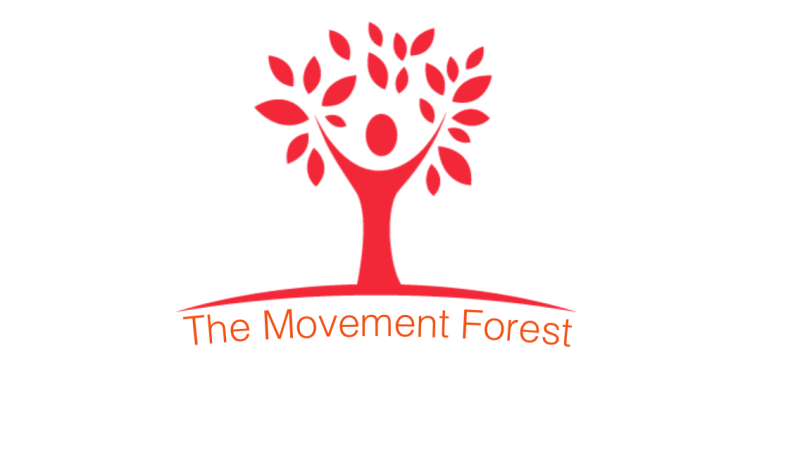
Being held in a safe and loving space to be seen, heard, and felt so you can move exactly as you are opens your field of expression and invites feelings of wholeness. It is safe for you to be you.

When you are grounded, centered, and connected to your body and heart, you move with courage, compassion, and integrity.

Learning from your direct, subjective experience builds your physical knowledge and knowing. It allows you to dissolve former paradigms that no longer serve you and cultivate new paradigms of being that support your higher purpose and path in life.
The embodiment process within somatic movement education is founded on principles of self-learning, self-discovery, self-reflection, and self-authority. Our subjective experiences and the phenomena we notice, feel, and discover are central to our exploration, a process that deepens our connection to self, other, and our world.
